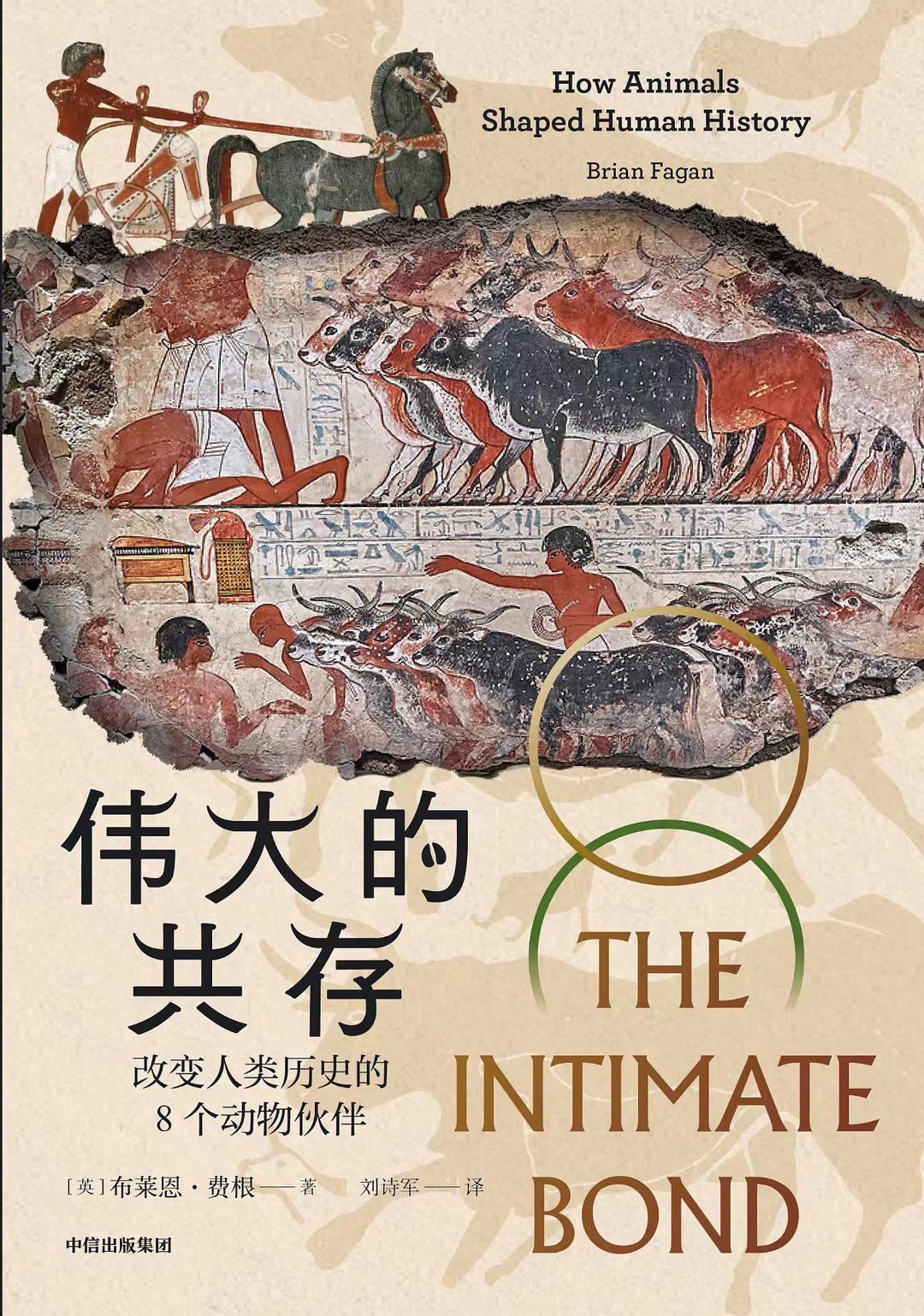WULOLIFE
《伟大的共存: 改变人类历史的8个动物伙伴》作者: [英] 布莱恩·费根 出版社:中信出版集团
《伟大的共存: 改变人类历史的8个动物伙伴》作者: [英] 布莱恩·费根 出版社:中信出版集团
Couldn't load pickup availability
Description
内容简介 · · · · · ·
★一部动物视角的全球史,反人类中心主义,后人类史学力作。
★探讨狩猎革命、农业革命、帝国兴衰、战争成败、全球化开启、多元文化形成背后的沉默力量。
★纵观上万年人兽关系的变迁,反思当前动物保护的局限性,倡导构建人类与动物和谐共处的命运共同体!
★《枪炮、病菌与钢铁》的重要补充读物!
狗、马、牛、猪、驴、山羊、绵羊、骆驼,这8种动物对我们来说都并不陌生,它们经常出现在我们周围以及各种作品中,甚至出现在我们的餐桌上。但你可知道,它们不仅仅是人类的食物、工具和萌宠,还对整个人类历史有着深远影响。没有它们,人类就不是现在的样子!没有它们,就没有人类文明!
大约公元前15,000 dollars围捡食剩饭的狼深度融入人类社会,变成了第一种被人类驯化的动物——狗。随后的1万多年里,猪、山羊、绵羊、牛、驴、马和骆驼先后进入人类社会。
狗与人类合伙打猎,引发了狩猎革命,争中胜出。
猪、山羊、绵羊的驯化使人类有了稳定的食物来源。承权随之出现,拥有动物的多寡成了财富的象征和社会地位的标志。社会分化开始了。
牛是农业经济的引擎,没有它,农耕文明将无法发展。牛还是权力的象征和重要的祭品,在政治生活中起着特殊作用。
驴和骆驼堪称“历史的皮卡车”,它们奔走在丝绸之路和欧亚非三洲的其他商路上,运输商品,传播文化,默默地开启了早期全球化。
马不但是豪华版“皮卡车”,更是战争机器。马拉战车和骑兵的出现改变了战场形势。马背上的游牧民族不断袭扰牛蹄下的农耕社会。马缔造帝国,马又推翻帝国。
一切都变了。除了狗继续被人类宠爱外,驴和骆驼早已被人遗忘,马在小众体育运动中苟延残喘,猪、牛、羊只是被当成规模化生产的肉食。鲜活的生物变成了冰冷的数字,曾经的亲密关系变成了冷酷无情、唯利是图、麻木不仁。这难道是历史的必然?未来的人兽关系将何去何从?
本书综合了历史学、考古学、人类学、生物学等多学科研究成果,打破人类中心主义叙事,展现了一幅的宏大历史画卷,疾呼善待这些人类历史的功臣、构建人类与动物和谐共处的命运共同体!
作者简介 · · · · · ·
布莱恩•费根(Brian Fagan,1936—,世界知名考古学家和人类学家,加州大曾任赞比亚利文斯顿博物馆史前馆馆长。2017三届“世界考古论坛”授予费根“世界考古论坛奖”的“终身成就奖”。
费根著作等身,已出版图书40余本,发表论文上百篇。他是《世界考古学》《美国考古学》等期刊的特约编辑,也是美国国家地理学会和《大英百科全书》的考古学顾问。费根擅长将考古学、人类学和历史研究相结合,尤其重视气候、动物、海洋等自然力量在人类文明发展中的作用。他的《气候变迁与文明兴衰》《世界史前史》《考古学与史前文明》《小冰河时代》《大暖化》《海洋文明史》《掠夺尼罗河》等10余部代表作已被翻译成中文出版,他的其他重要作品还有《进击的海洋》《克罗马农人》《长夏》等。
在学术研究和教学之余,费学和人类学知识。他曾担任BBC、雷电华和许多好莱坞纪录片制作公司的顾问。1995年,他担任Time-Life电视台《失落的文明》系列纪录片的高级顾问。1996年,他因“坚持不懈向公众传播考古学”获得了美国专业考古学家协会授予的“杰出公共服务奖”。同年,他因在教材编写、大众写作和媒体活动上的贡献,获得了美国考古学会的“会长奖章”。1 997年,他又获得了美国考古学会的“公共教育贡献奖”。
